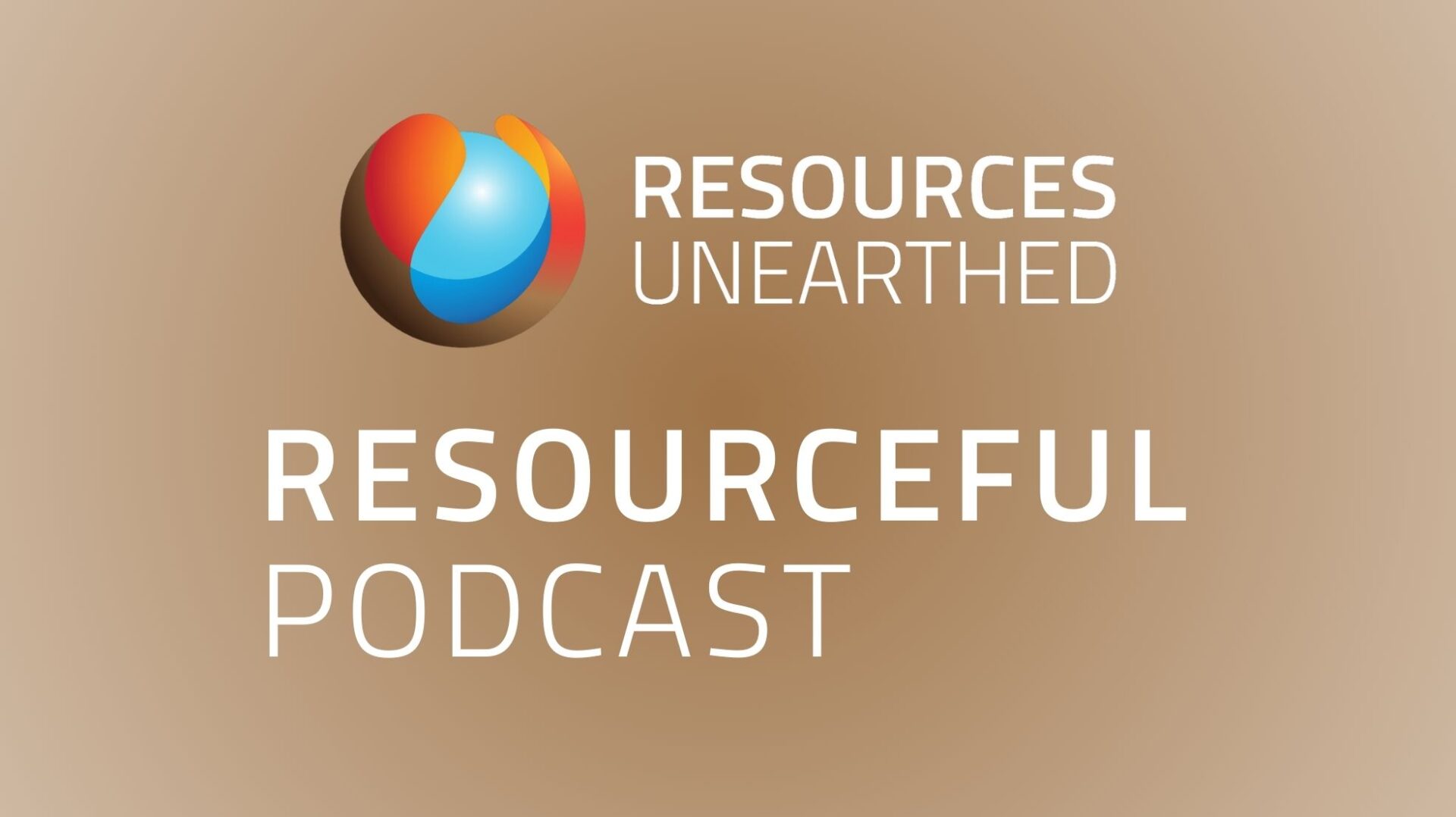Business succession planning is an essential strategic move for business owners looking to transition out of ownership and into retirement or a new venture. Selling a business can often seem like a daunting process filled with complexities, but with proper planning and expert advice, it can be navigated smoothly. Understanding the legal and tax considerations at the time of sale is a crucial component of this journey, ensuring that both buyers and sellers walk away with a fair deal.
Let’s explore some of the key issues and considerations that come into play during the sale of a business, paying close attention to the importance of a comprehensive approach to succession planning.
Understanding the Nature of Business Sale Financing
One major topic that can’t be overlooked is how the sale of a business will be financed. Whether the buyer is internal or external can significantly impact the financing options available. For instance, internal buyers might not have the capital upfront, making vendor finance a viable option. On the flip side, external buyers might leverage bank financing, an aspect that can bring its own set of challenges.
Legal Considerations: The Fine Print Matters
A well-documented legal framework is non-negotiable in any business sale. In our discussion on this topic, Craig Hong points out the necessity of securing and properly documenting funding arrangements. The potential risk of vendor finance, for example, lies in the buyer’s inability to maintain payment. The buyer-seller relationship changes post-sale, creating the need for legally binding contracts and securities.
Another legal nuance to be mindful of is the ‘whitewashing’ process. This arises when a company offers financial assistance to buy its own shares, a situation demanding thorough compliance with ASIC regulations. Whitewashing can extend transaction timelines, underscoring the need for proactive planning.
Shareholder agreements are also pivotal, dictating the terms of share sales and any preemptive rights. Knowing these ins and outs might just prevent hiccups at critical stages of the transaction.
Navigating Tax Obligations
From capital gains tax liabilities to GST implications, understanding tax obligations prior to signing a sale agreement is vital. This process ideally starts during the planning stage, but revisiting it as the sale approaches ensures no surprises emerge later. Provisions like Division 7A need careful handling to avoid unwelcome tax outcomes both for outgoing and incoming business stakeholders.
The Importance of Due Diligence
A business sale isn’t just about negotiating a price; it’s about understanding the full picture of what you’re selling or buying. Comprehensive due diligence—both legal and accounting—is critical in uncovering any “skeletons in the closet.” When you acquire a company, you inherit its history, thus magnifying the need for diligence. Potential deal-breakers like banking rejections, contractual obligations, or key personnel departures must be identified early to avoid disruption.
More Than Just Financial Return
While obtaining the best price is a natural priority, other factors often hold equal weight. For instance, internal buyers might offer a smoother transition, vital for maintaining business continuity. External buyers, while potentially offering higher immediate returns, might come with more stringent oversight and due diligence demands. Each scenario presents its own pros and cons, which need balanced consideration aligned with the seller’s goals.
Pulling It All Together
Succession planning should be viewed as a collaborative and comprehensive effort, integrating financial advisers, accountants, and legal professionals. A well-coordinated team can navigate the myriad of considerations, ensuring that the transaction is both smooth and mutually beneficial.
Business succession, particularly the sale process, is as much about strategic foresight as it is about operational logistics. At its heart, it aims to secure the future of the business and achieve personal goals for the seller. Proper planning, expert advice, and thorough execution are the cornerstones of a successful transition.
Get in touch
For those keen on learning more about achieving efficient business succession in the mining and resources industry, Craig Barry and Craig Hong offer complimentary discussions for both buyers and sellers contemplating this significant change. Ultimately, a tailored, informed approach is the key to unlocking a seamless and rewarding succession experience.
Brett & James: https://www.resourcesunearthed.com.au/
Craig Barry: https://williambuck.com/
Craig Hong: https://hillhouse.com.au/
TIMESTAMPS:
00:00 Introduction to Business Succession
00:40 Key Issues in Selling and Purchasing
01:46 Financing the Purchase
03:13 Legal Considerations and Whitewashing
06:47 Tax Implications
10:07 Administrative and Legal Transition
13:02 Due Diligence and Risk Management
19:23 Final Thoughts and Recommendations
21:45 Conclusion and Next Steps


